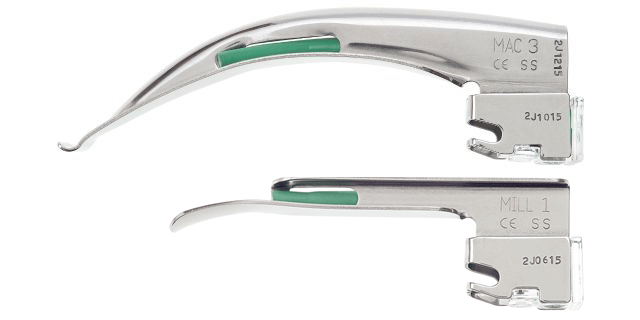Determine What Foods Help Or Harm Your Ketogenic Progress With Ketone Blood Strips

Ketone blood strips are a valuable tool to help determine what foods will aid or hinder your ketogenic progress. They provide a detailed breakdown of the food you eat, allowing you to make the most accurate nutritional decisions for your body. In addition to your ketone levels, you can learn the effects of these foods on your weight and overall health.
Optimal ketosis
The best way to tell if your body is in ketosis is to check your blood ketone levels. It is an essential factor for weight loss and health. In ketosis, your body uses fatty acids for energy. Ketones are derived from fats and are produced when you restrict carbs.
The ketone levels in your blood are based on the amount of burned fat. Several methods can be used to check these levels. However, urine testing is one of the most convenient and cheap ways to detect ketosis.
If you want to test your ketone levels, you can use urine strips or a breath meter. Both are relatively inexpensive and accurate. Regardless of your chosen method, it is a good idea to consult your doctor before making any changes to your diet.
Protein intake
Ketones are produced in the body when you follow a low-carb, high-fat diet. This results in improved health and energy. It also helps to lower bad cholesterol. In addition, consuming a ketogenic diet is a proven way to lose weight.
A ketone blood test is an excellent way to track your ketone level. These devices use a small blood sample taken from your fingertip. Using the correct meter for your needs will ensure you get the most accurate results. Keeping a close eye on your ketone levels is critical to any weight loss program. These meters can be found at the local drugstore or online. In addition, a reliable meter is essential if you have diabetes or other medical concerns.
Body composition
One of the best ways to monitor your progress on a ketogenic diet is to check your blood ketone levels. Ketones are a form of fatty acid produced in the liver and converted into energy. If you want to know what foods help you get to your goal weight or what foods hurt you, testing your blood ketone levels is an excellent way to start.
Blood ketone levels have many functions, including helping the body burn fat. The amount of ketone produced by the body depends on the type of diet you are on and your genetics and metabolism. For example, a low-carb, high-fat diet will have more significant amounts of ketone than a low-calorie, high-fat diet. Keeping track of your ketone levels will ensure that you are on the right path to healthy weight loss.
Exercise
A ketogenic diet, which is essentially a high-fat, moderate-protein, low-carb diet, can be an effective way to shed unwanted pounds. The key is to consume the right foods and avoid the wrong ones. You don’t have to slog through a textbook to achieve this feat. Instead, you can consult a TDEE calculator to estimate what you need to eat daily. A ketone supplement is an excellent option if you are serious about losing weight.
A good guideline is to consume approximately 40% of your daily calories from fat and the rest from carbohydrates. This may seem like a lot of butter and cream, but remember that most of the saturated fat in these foods is the good kind. Also, make sure to consume some protein, as it will increase insulin levels and aid in weight loss. You can get some of this by incorporating lean meat into your meals.
Dangers
Ketone blood strips are a great tool to help you keep track of your ketogenic progress. In addition, if you need clarification on whether your diet is working for you, ketones can give you an idea of how your body metabolizes food.
Ketones are an alternative fuel your body produces when there isn’t enough glucose in your blood to carry out the basic internal processes. They are created by your liver, which doesn’t have enough insulin to convert glucose into energy.
While ketones are a good fuel, they also carry the potential to become a health hazard. For this reason, many people have turned to testing their ketone levels using test kits or strips. These tests allow you to determine if your diet is effective and whether you need to make any changes.





